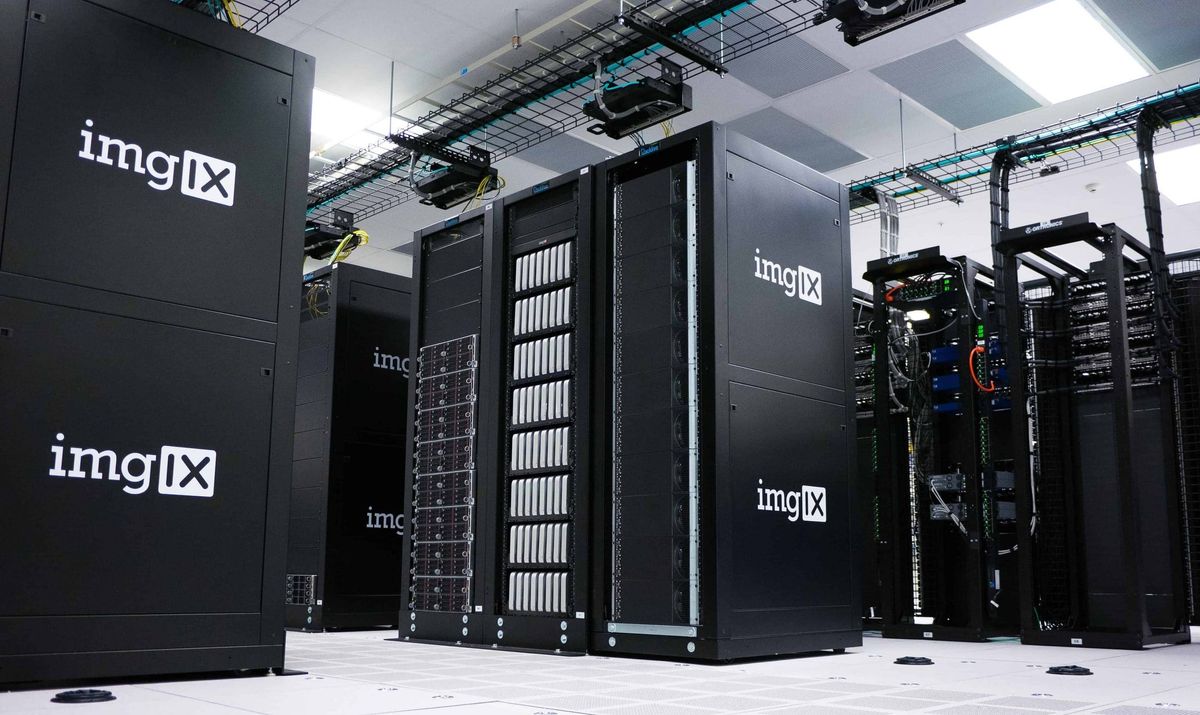With passing time and emerging technology, Databases have become a quintessential part of the online operations of any system. While the businesses are turning towards online platforms, the data files are no more kept as hard copies, instead, now they are stored and managed via databases.
This makes it very important to decide which database to use for the best performance and utmost productivity, given there are different types of database management systems already available in the market. Thus, a diligent decision has to be taken by consulting expert database consultants keeping in mind the requirements, in order to choose the best database which is utmost beneficial for the operations.
Types of Databases
On a very broad front, although Databases are categorized as SQL and No-SQL databases, let us get into the details to understand the types and its uses for optimum benefits. Here are the different types of databases, and their features, to help you choose which database to use:

1. Relational Database Management Systems
Relational Database Management Systems, also known as RDBMS, is a SQL database, developed in the 1970s where the data is stored in sets termed as relations. RDBMS stores the data in tabular form, connecting different tables within the database with each other.
Some of the RDBMS available in the market are Oracle, MySQL, MS Server and PostgreSQL. These databases handle the data using SQL in a structured form, where the data is accessed by writing relevant SQL queries.
For a data which is well structured, RDBMS efficiently handles the data up to the higher scales, with higher performance by providing automation and data integrity. But at the same time if the data you would want to store is unstructured, then RDBMS might not be the right choice, as managing an unstructured data with the SQL types of database management systems could give you a tough time.
Unstructured data requires scaling at restructuring at different levels to be able to get stored in an RDBMS.
2. Document Store Databases
Document Store databases are the No-SQL databases which are non-relational where data is stored in the form of JSON, BSON or XML document files. The data stored in these files could be any desired data, with key-value pairs and metadata.
Some of the Document Store Databases are MongoDB and Couchbase. Document Store Databases have a flexible schema, and you are not entitled to declare schema prior to building up data.
These types of database management systems are ideal if you are looking to store semi-structured or unstructured data. But since these are flexible schemas, the querying is possible only within a document and not across multiple documents.
3. Wide Column Store Databases
Wide Column store databases are No-SQL, column-oriented which are non-relational databases. Also known as Column stores, these store key-value type data but at the same time hold some of the attributes of relational databases.
But for wide column store databases keyspaces, which are large column families, are used instead of schemas which are otherwise used in the databases. These much flexible in contradiction to the structured databases with different rows having different number and types of columns.
Some of the Wide Column Store databases are Cassandra and HBase. These are suitable for semi-structured and structured data where the columns vary extensively for the rows. But at the same time, these are relatively expensive and slow as compared to the RDBMS. If you have a row-based data system, then you might consider Wide column store databases.
4. Key Value Store Databases
Key Value Store Databases are No-SQL, non-relational databases where the data is stored in the form of values which are associated with some, or the other keys. These values are stored in form of blobs.
These values can be of any form and do not require schema declaration. With varying data types, Key-Value store databases are ideal where the data is of multiple formats and unstructured in nature.
But due to this unstructured nature, querying is not possible in such databases. Some of the key value store databases used in the market are Redis and Memcached.
How to identify which Database to use?
With the above types of database management systems available in the market, it is a tricky decision to choose the best suitable database for your operations. As a suitable database will ease up the operations and data management, thereby would be helpful in boosting your overall performance. Depending on the scenario, you might need a combination of databases to support your application.

A diligent database administrator could help you in making the right choice, giving you the required consultation, knowing all the aspects of your database requirements to make your operations functionally optimal. OptimizDBA with its team of expert DBAs would help you to choose the best-suited Database for the behest of your operational performance. To get our consultation on which database to use, feel free to contact us.

